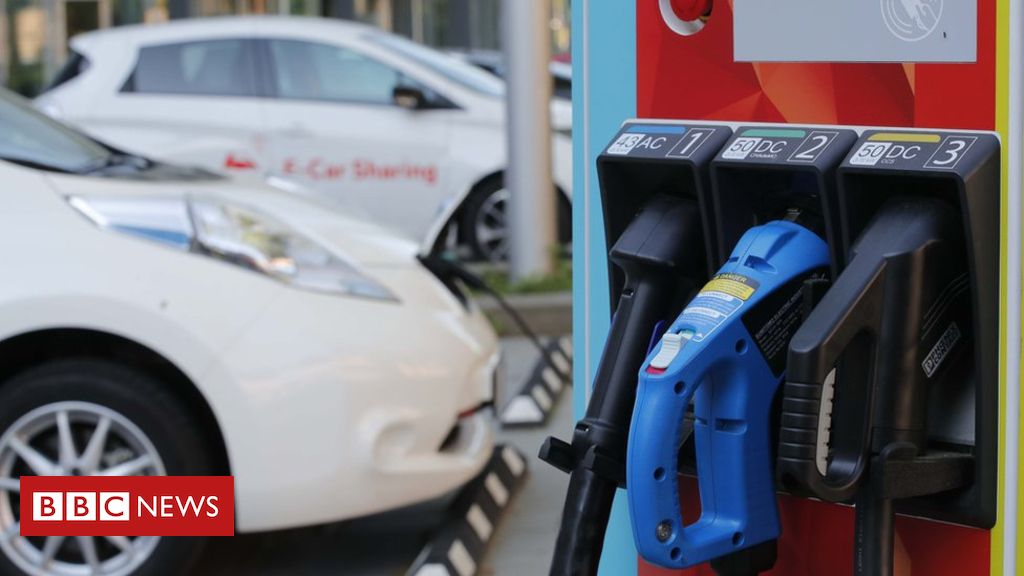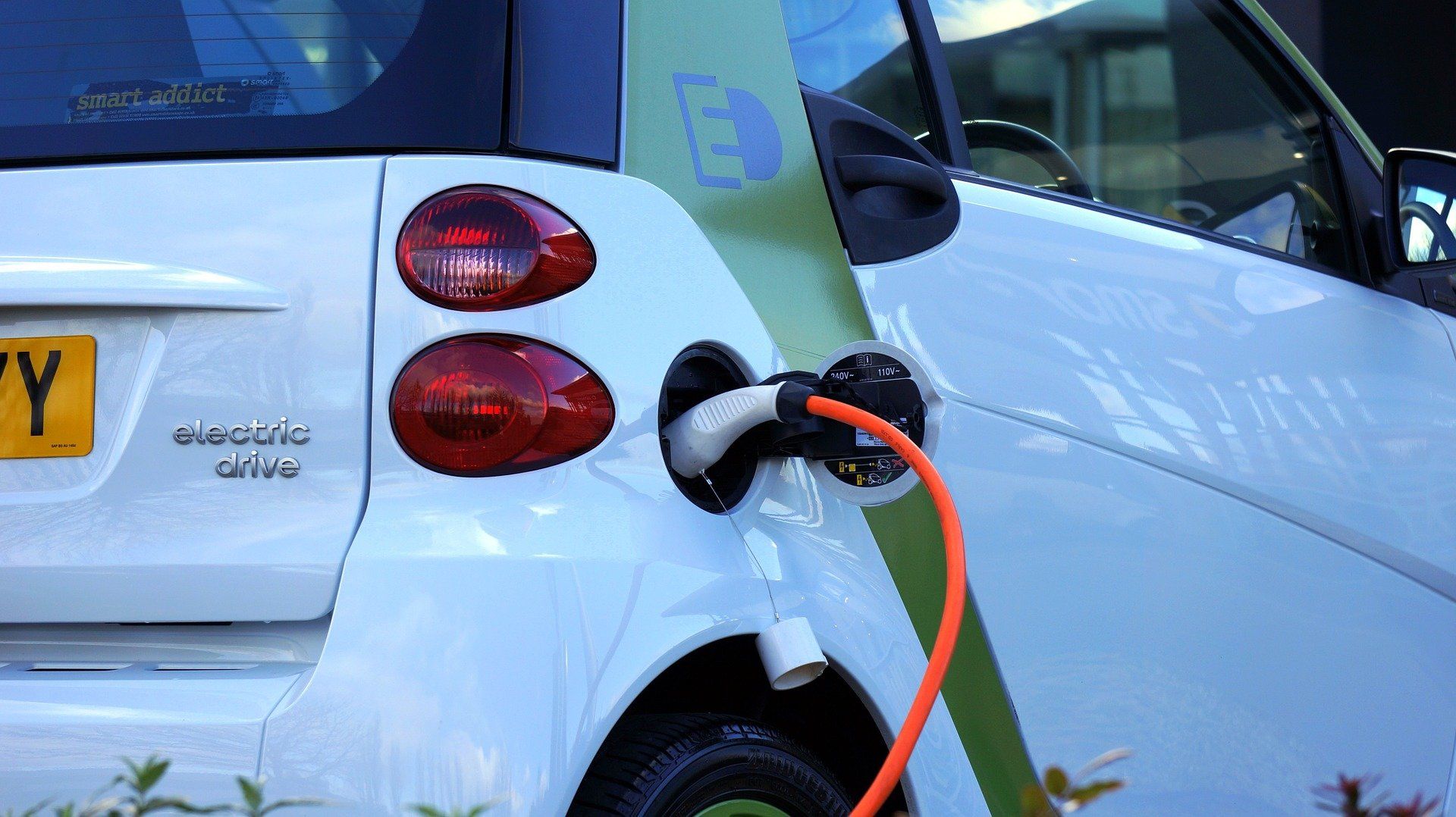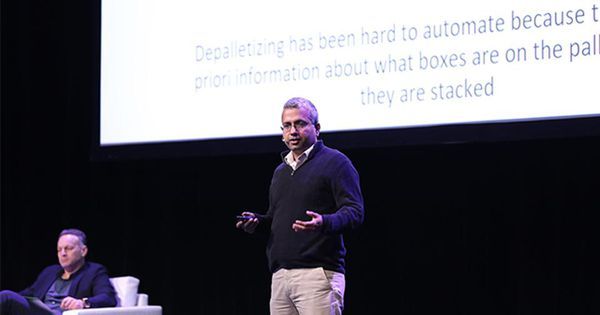Our freeways and highways could really use this. What do you think?
Category: transportation – Page 516

A $1 Billion Telescope That Will Take Pictures 10 Times Sharper Than Hubble’s Is Now Officially Under Way
In astronomy, cutting-edge technology often begins with a bunch of bulldozers, busted rocks, and dump trucks.
So it goes with the Giant Magellan Telescope (GMT), which will be the world’s largest and most powerful when it sees “first light” in 2024. Astronomers hope to use the huge observatory to study the ancient universe and look for signs of alien life.
Construction crews atop a Chilean mountain range broke ground for the $US1 billion project on Tuesday.


Scientists create battery that refuels electric cars in seconds
Scottish scientists have developed a liquid battery which could charge electric cars in seconds.
A team at the University of Glasgow has created a prototype system that could revolutionise travel.
The technology uses a metal oxide — described by researchers as an “exotic rust” — that can be charged with electricity when added to water.

Institute for Advanced Studies At Austin
The ADAM Research Project, an acronym for Acquisition & Data Analysis of Materials, will focus on the collection and scientific evaluation of material samples obtained through reliable reports of advanced aerospace vehicles of unknown origin.
As a first step, TTS Academy has established a contract with EarthTech International, Inc., (www.earthtech.org) a well-respected research think tank in Austin, Texas, to evaluate the properties of the available materials. Under the leadership of Dr. Harold E. Puthoff, a former Senior Advisor and Subcontractor to the Pentagonfs AATIP program (Advanced Aerospace Threat Identification Program) and current VP of Technology for TTS Academy, EarthTech is well-positioned to head up this materials research plan.

In race for better batteries, Japan hopes to extend its lead
TOKYO — Imagine electric cars that can travel 700km to 800km on a single charge, twice as far as they do today. Imagine batteries that are smaller, safer and pack more punch than the lithium-ion cells that power our gadgets now.
Such is the promise of solid-state batteries. Capable of holding more electricity and recharging more quickly than their lithium-ion counterparts, they could do to lithium-ion power cells what transistors did to vacuum tubes: render them obsolete.
As their name implies, solid-state batteries use solid rather than liquid materials as an electrolyte. That is the stuff through which ions pass as they move between the poles of a battery as it is charged and discharged. Because they do not leak or give off flammable vapor, as lithium-ion batteries are prone to, solid-state batteries are safer. They are also more energy-dense and thus more compact.

Liquid battery could lead to flexible energy storage
A new type of energy storage system could revolutionise energy storage and drop the charging time of electric cars from hours to seconds.
In a new paper published today in the journal Nature Chemistry, chemists from the University of Glasgow discuss how they developed a flow battery system using a nano-molecule that can store electric power or hydrogen gas giving a new type of hybrid energy storage system that can be used as a flow battery or for hydrogen storage.
Their ‘hybrid-electric-hydrogen’ flow battery, based upon the design of a nanoscale battery molecule can store energy, releasing the power on demand as electric power or hydrogen gas that can be used a fuel. When a concentrated liquid containing the nano-molecules is made, the amount of energy it can store increases by almost 10 times. The energy can be released as either electricity or hydrogen gas meaning that the system could be used flexibly in situations that might need either a fuel or electric power.


Our Families Succumb
Everyone can find plenty of examples from his or her own life of what aging is doing to us all.
A few days ago, I wrote an article while on a plane. I’m an expat, and I was flying back to my home country. I’m now in my hometown, where I lived until I was 18. I come back here only seldom, and the last time I visited was four years ago.
For the vast majority of the time I lived at my parents’ house, I was a child. My most vivid memories of the place are from my childhood, when everything looked so much larger. So, even though I did live here as a grown-up as well, every time I come back here after years of absence, every room in the house looks far less spacious. Things have changed a bit since I left. Furniture has changed place and function; ornaments and knick-knacks have been moved, added, or removed; predictably, even the town has changed somewhat over the years.
What has changed the most, though, are the people.

Robotics Solutions Using Deep Learning
Kinema Systems and GhostRobotics faced off and shared their pitches with the live audience at NVIDIA’S GPU Technology Conference (GTC) to showcase different approaches with autonomous systems using deep learning, machine learning and AI.
Kinema Systems, based in Menlo Park, Calif., is building innovative deep learning and 3D vision-based robotic solutions for logistics and manufacturing.
From Philadelphia, Pa., GhostRobotics is revolutionizing legged robotics and the market for autonomous unmanned ground vehicles used in unstructured terrain and harsh environments.